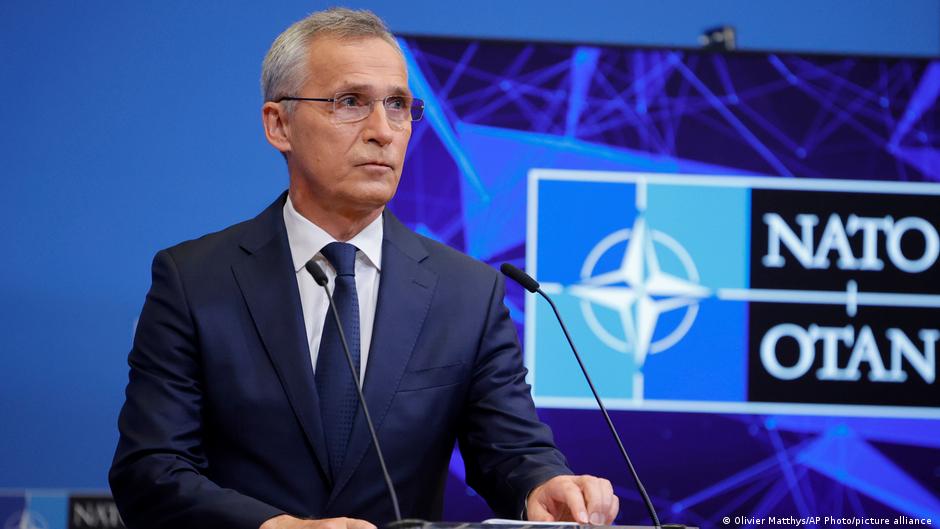Even as Russia and Ukraine remain bogged down in their bloody conflict, the war has produced a clear winner: the North Atlantic Treaty Organization. The 31-nation alliance, which added Finland as its latest member in early April, is now looking to expand not just the territory it will look to defend from external threats but its very mandate. Although set up as a military coalition to take on the threat of the former Soviet Union at the end of the Second World War, NATO has always been described by leaders as a defensive entity — one meant to kick into action when a member state is attacked. Now, amidst the war in Ukraine, the alliance is reportedly shifting from that approach of deterrence by retaliation to one where it will aim to deter by denial. Simply put, this will entail positioning masses of troops from NATO states along the border with Russia and, presumably, other nations the alliance identifies as threats to deter an attack in the first place. Finland's entry into the alliance increases the border between NATO states and Russia by 1,340 kilometres — that is nearly the distance between New Delhi and Calcutta that the bloc must additionally defend.
But it is unclear whether this shift in approach will make Europe, the world or even NATO nations more secure. War has a way of turning distant fears into self-fulfilling prophecies. Russia invaded Ukraine arguing that it felt threatened by the prospects of NATO's expansion closer to its borders. Its aggression has ended up doing just that. In addition to Finland, Sweden too has applied for NATO membership. Ukraine is today likelier to get into the European Union, and so integrate itself with the West, than before the war even if admission into NATO might take longer. Yet NATO and its leading nations, especially the United States of America, risk making Russia’s mistake if they let the hubris of the moment dictate their future actions. Until now, the war in Ukraine has been one of Russia’s making, a choice Moscow made that it can be pressured to reverse. If NATO plants large contingents of soldiers along the border with Russia in Finland and the Baltic states, Moscow will view such a move as an existential threat. A perpetual, frozen war like the one on the Korean peninsula could be the inevitable, hair-trigger outcome, with menacing nuclear weapons on both sides.










